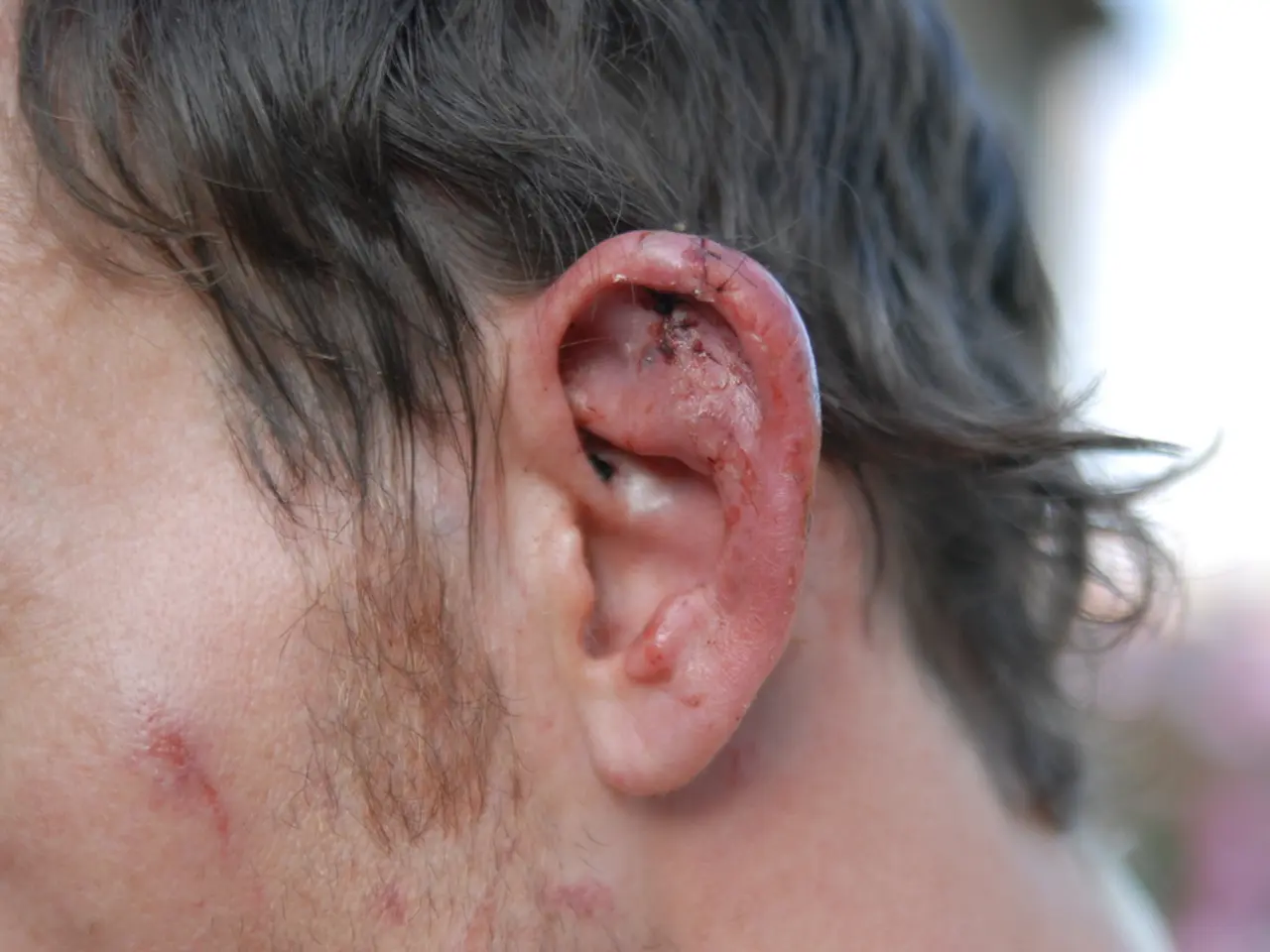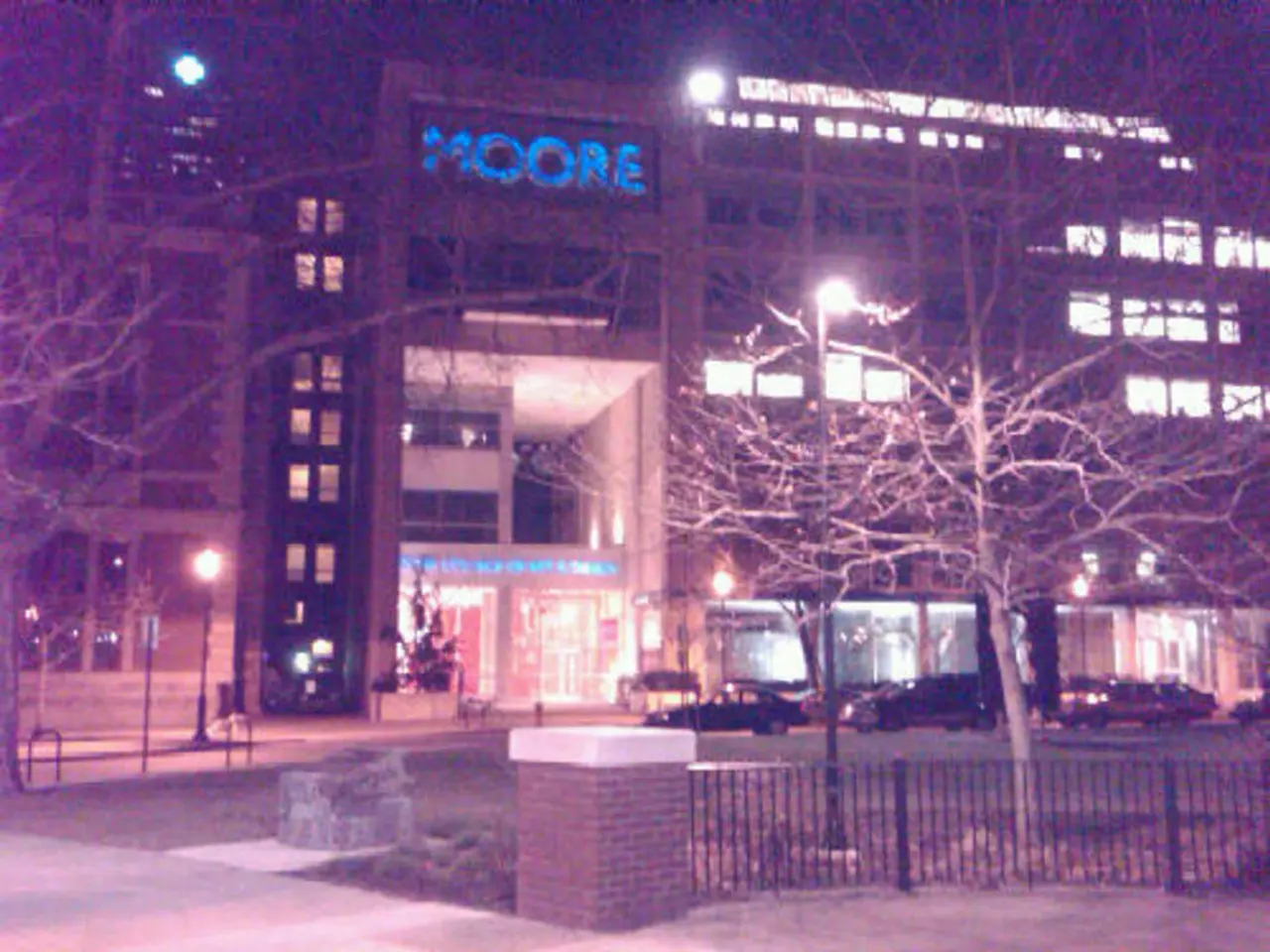Hair Loss Treatment: Effectiveness and Safety of Platelet-Rich Plasma (PRP) Injections
In recent years, Platelet-Rich Plasma (PRP) therapy has gained attention as a potential solution for hair loss. This innovative treatment, which involves the use of a person's own blood components, is being hailed as a promising approach to stimulate hair growth and improve hair quality.
The current scientific evidence for the effectiveness of PRP treatment for hair loss indicates that it can be an effective method to stimulate hair growth and improve hair quality. Studies suggest that PRP is more effective when combined with other treatments like minoxidil, particularly in reducing vellus hair and improving hair growth parameters.
PRP therapy involves injecting platelet-rich plasma into the scalp to stimulate hair follicles by promoting circulation and activating growth factors. This process can lead to thicker and fuller hair by extending the growth phase of the hair cycle. While PRP is not a permanent cure, it can provide long-lasting results with regular maintenance sessions. It is a minimally invasive procedure with little to no downtime, making it appealing for those seeking a natural approach.
Despite the promising results, it is important to note that the effectiveness of PRP for treating hair loss is still a topic of debate due to small sample sizes and low quality of research. People undergoing PRP treatments for hair loss may experience side effects such as mild pain at the injection sites, scalp tenderness, swelling, a headache, itching, and temporary bleeding at the injection site.
PRP treatment is typically used for hair loss resulting from androgenetic alopecia, a condition that causes hair follicles to shrink, also known as male pattern baldness in males. The entire PRP treatment process, including several sessions, may take about 1 hour. The effects of PRP can vary due to the lack of a standardized protocol for injections, as different researchers and clinics use different preparations, session intervals, and injection techniques.
Researchers initially hypothesized that PRP could help regrow hair by reversing the process that occurs in androgenetic alopecia. In 2019, a systematic review of 11 research papers found that most studies reported that PRP injections reduced hair loss and increased the diameter and density of hair growth in people with androgenetic alopecia. The PRP solution consists of a person's own blood components, which reduces the risks of a reaction to the solution itself. After receiving PRP treatment, a person can usually return to their regular activities without any limitations.
However, further research is necessary to confirm whether PRP is effective, and doctors and researchers need to identify the best candidates for PRP and develop universal treatment protocols. The doctor's recommendations for how often a person should have PRP will vary depending on a person's condition and the results of their initial treatment. While PRP is not a cure for conditions that cause hair loss, it offers a natural and minimally invasive approach to promote new hair growth and improve hair quality.
Anyone with mild-to-moderate hair loss who is interested in PRP should ask a doctor whether they are likely to benefit from the treatment. The authors of a new review published in a journal consider PRP as a "promising" treatment for hair loss, offering hope for those seeking a solution to hair loss without resorting to surgery.
- Seekers of natural approaches to hair loss may find PRP therapy appealing, as it is a minimally invasive procedure that can provide long-lasting results with regular maintenance sessions.
- The effectiveness of PRP in treating hair loss, particularly in cases of androgenetic alopecia, has been a topic of debate due to small sample sizes and low quality of research.
- Despite potential side effects like mild pain and scalp tenderness, PRP treatment can improve hair quality and stimulate hair growth by promoting circulation and activating growth factors.
- Health-and-wellness enthusiasts seeking solutions to hair loss might be interested in the promising findings of PRP treatment in improving hair diameter and density.
- Mental-health and skin-care advocate personas may consider PRP treatment as a possible solution to hair loss, given its potential to enhance overall appearance and self-confidence.




